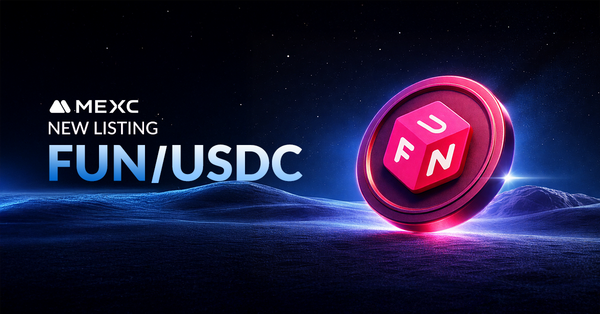Germany's AfD Party Proposes Bitcoin Reserve While Challenging MiCA Regulation

Germany's Alternative for Germany party submitted a motion to the Bundestag on October 24, 2025. According to Cointelegraph, the motion argues Bitcoin deserves recognition as a unique digital asset separate from other cryptocurrencies. The AfD opposes applying Europe's Markets in Crypto-Assets regulation to Bitcoin service providers.
The party stated that excessive regulation under MiCA threatens Germany's financial freedom and digital sovereignty. The motion calls for maintaining the current 12-month holding period for tax-exempt gains. It also demands protection of individual self-custody rights and continuation of Bitcoin's value-added tax exemption.
The AfD motion requests the government explore holding Bitcoin within national currency reserves. The party observed that current tax treatment of Bitcoin is positive but legal uncertainty discourages long-term private investment. Germany currently holds zero Bitcoin after selling nearly 50,000 BTC seized from criminal operations in 2024. That sale occurred when prices traded near $54,000 per coin. Those holdings would be worth approximately $6.5 billion at current prices around $113,000.
European Nations Race Toward Crypto Reserves
France followed a similar path when lawmaker Éric Ciotti introduced comparable legislation on October 22, 2025. CryptoSlate reports that Ciotti's proposal targets accumulation of 420,000 BTC between 2025 and 2032. The French plan employs a dollar-cost averaging strategy to reduce volatility risk.
This follows a broader international trend we reported earlier in 2025. In February, 15 US states moved forward with plans for Bitcoin reserves, including Pennsylvania's pioneering legislation and proposals from Texas and Oklahoma to allocate up to 10% of public funds for Bitcoin purchases. These developments demonstrate growing government interest in digital asset reserves across multiple continents.
Germany's parliamentary motion represents a reversal from the country's previous approach. The 2024 Bitcoin sale generated approximately $2.88 billion but missed potential gains exceeding $3.5 billion. Bitcoin prices have doubled since that transaction. The AfD argues this demonstrates the need for strategic long-term holdings rather than immediate liquidation of seized assets.
Mixed Reception for MiCA Framework
The MiCA regulation took full effect on December 30, 2024. The framework establishes comprehensive rules for crypto-asset service providers across all 27 EU member states. CoinLaw data shows the European crypto market reached €1.8 trillion by the end of 2025, growing 15% year-over-year under MiCA's framework.
Registered Virtual Asset Service Providers in the EU increased by 47% following clear regulatory guidelines. Institutional investors showed confidence, with 32% increasing crypto holdings after MiCA's investor protection measures activated. Stablecoin transactions within the EU grew 28% under the new rules.
However, the AfD motion challenges MiCA's application to Bitcoin specifically. The party contends Bitcoin's decentralized nature and fixed supply distinguish it from other digital assets. Germany's central bank previously expressed skepticism about Bitcoin as a reserve asset. Bundesbank President Joachim Nagel compared Bitcoin to historical speculative bubbles in February 2025.
Blockchain analytics firm Chainalysis ranked Germany third in Europe for total crypto value received. The company attributed this performance partly to MiCA creating regulatory clarity for crypto-native firms. The opposing viewpoints reflect ongoing debate about optimal regulatory approaches.
If approved, Germany would join a small group of nations holding Bitcoin as part of official reserves. El Salvador adopted Bitcoin as legal tender in 2021 and maintains strategic holdings. The outcome of Germany's parliamentary process could influence other European nations considering similar policies. The motion now moves to committee review before potential Bundestag floor consideration.




